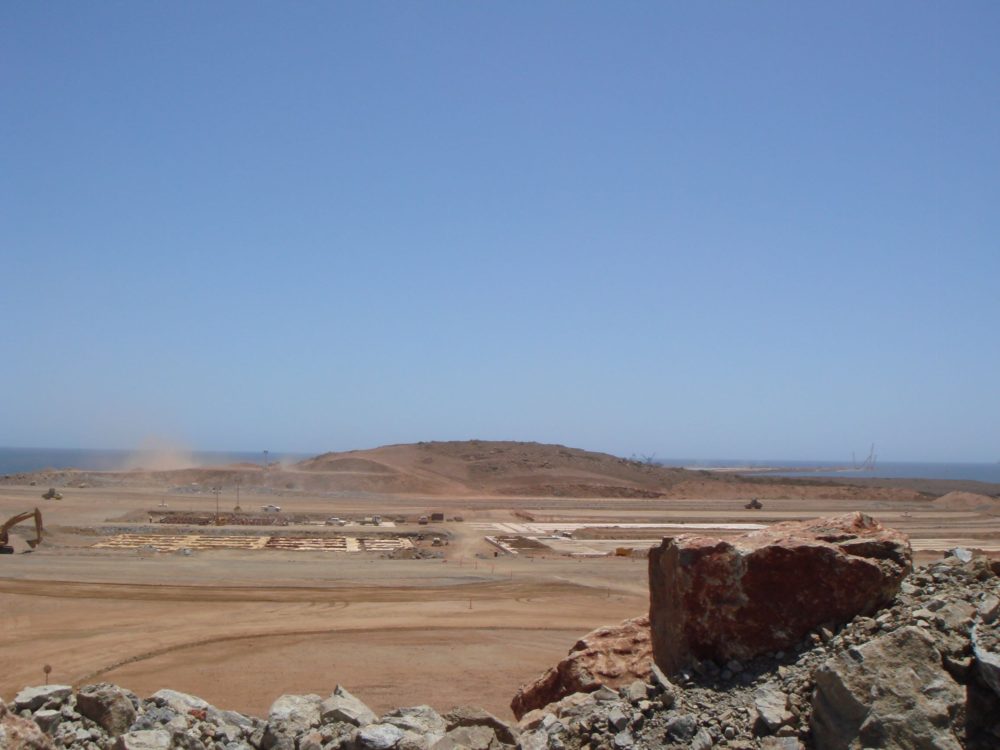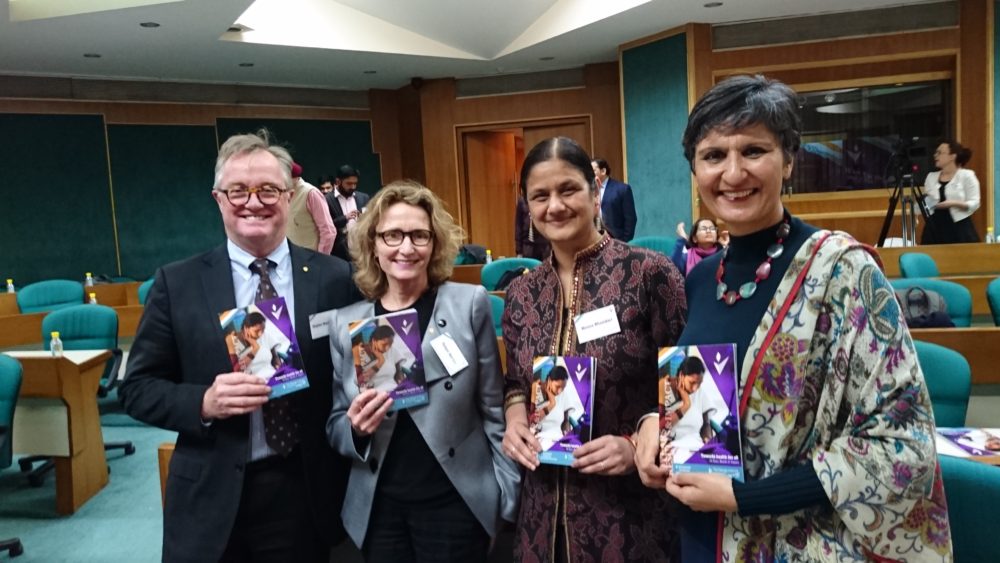By Neena Bhandari
Sydney, 12.01.2023 (IPS): When Megha Jacob, who had been applying for a doctoral degree at various overseas universities, received an offer from the Australian National University’s Department of Chemistry to do a fully funded PhD, she was thrilled and immediately accepted the position. It was January 2022. She submitted her visa application and resigned from her job at the Indian Institute of Technology Madras. One year later, she is still waiting for her visa to be processed.
Several international Indian students enrolled in doctoral degree courses in Australia’s leading universities have been waiting for their visas to be approved for months, some for up to two years. “The protracted delays have put our lives on hold. We seek clarity and a definitive timeline so we can plan our future,” say students from one of the WhatsApp groups formed by Indian doctoral students facing Australian visa processing delays.
Since the easing of Australia’s stringent COVID-19 restrictions, these students allege, the visa processing time for doctoral degree students has increased. “The median processing time for offshore student visa application was 18 days for the Postgraduate Research Sector in November 2022,” an Australian Department of Home Affairs (DHA) spokesperson tells IPS. However, the most recent processing time on the DHA website for 500 – Student visa (subclass 500) Postgraduate Research Sector shows 90 percent of applications are processed in 10 months.


